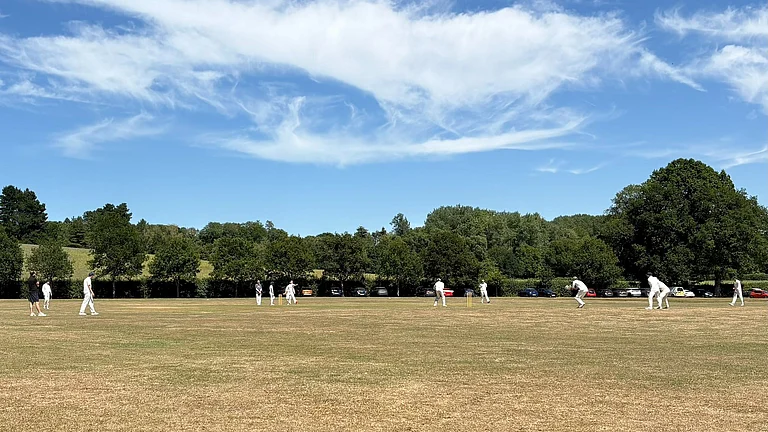The Supreme Court on Wednesday reserved its verdict on a plea challenging the designation of lawyers as senior advocates.
The matter came up for hearing before a bench of Justice Sanjay Kishan Kaul, Justice CT Ravikumar and Justice Sudhanshu Dhulia which observed that sometimes it is easy to criticise.
"Criticism is easy but constructive working of the system is difficult," the bench told advocate Mathews J Nedumpara who, along with seven others, has filed the petition.
"Arguments heard. Judgment reserved," the bench said.
The petitioners have challenged sections 16 and 23 (5) of the Advocates Act, 1961, claiming these "creates two classes of lawyers, senior advocates and other advocates, which in actual practice has resulted in unthinkable catastrophe and inequities which the Parliament certainly would not have contemplated or foreseen".
While Section 16 of the Advocates Act pertains to senior and other advocates, Section 23 (5) says that senior advocates shall have pre-audience over other lawyers and their right of pre-audience inter se shall be determined by their respective seniority.
The plea has claimed that designation of lawyers as senior advocates, "creating a special class of advocates with special rights, privileges and status not available to ordinary advocates, is unconstitutional, being violative of the mandate of equality under Article 14…".
While hearing the matter in March, the apex court referred to its 2017 verdict that had laid down guidelines for itself and high courts to govern the exercise of designating lawyers as senior advocates.
The verdict, which had come out with a slew of guidelines, said, "All matters relating to the designation of senior advocates in the Supreme Court and all the high courts of the country shall be dealt with by a permanent committee to be known as 'Committee for Designation of Senior Advocates'."
The panel will be headed by the Chief Justice and consist of the two senior-most judges of the apex court or high court(s), as may be, and the Attorney General or the Advocate General of a state in case of a high court, it had said.
On giving the Bar a representation, it had said, "The four Members of the Permanent Committee will nominate another Member of the Bar to be the fifth member of the Permanent Committee."
The apex court had delivered another judgment in May on applications seeking certain modifications in the guidelines.
It had said the process of designating 'senior advocate', which has always been held as an "honour conferred", should be carried out at least once a year.
-With PTI Input


























